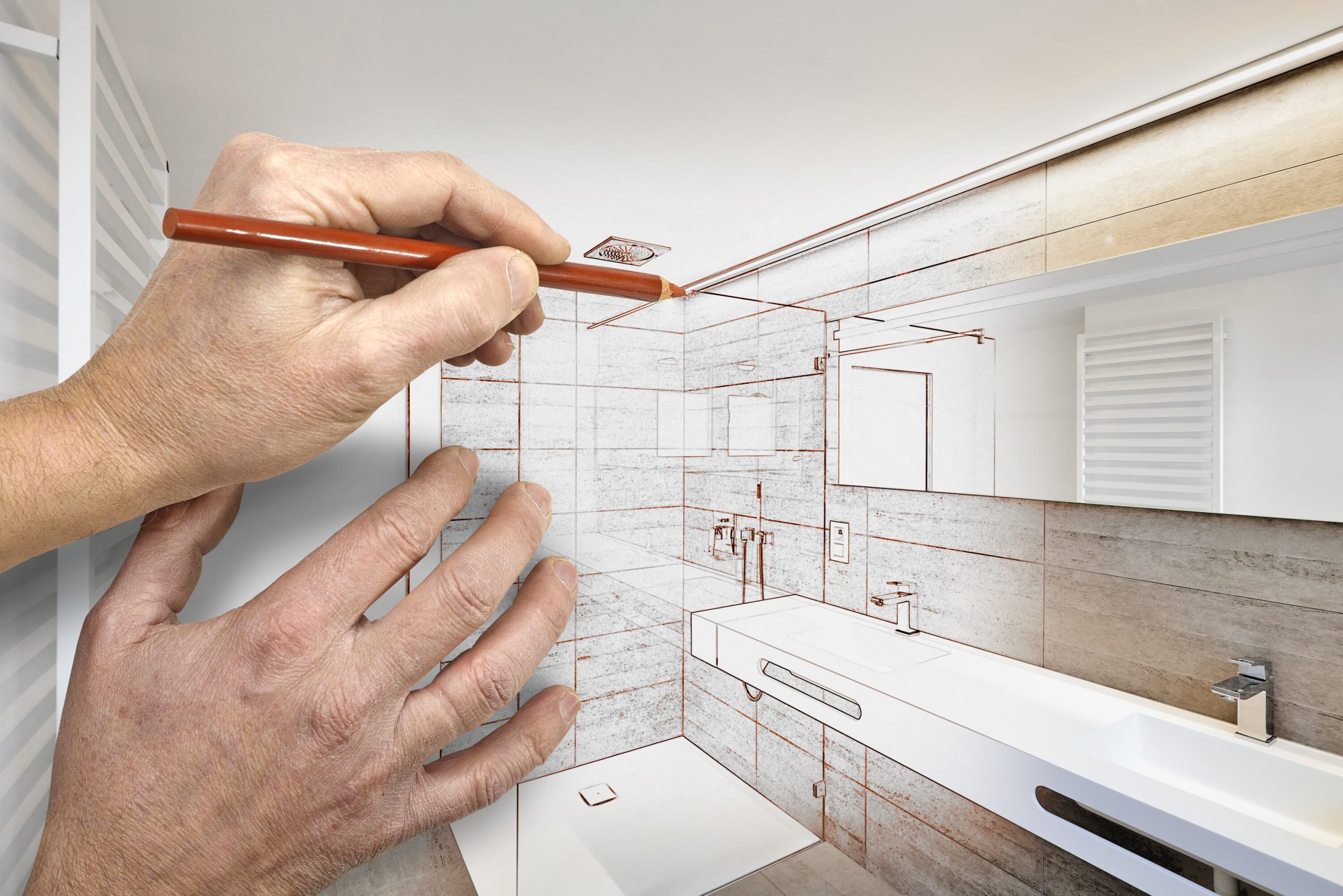
Saving Energy in the Summer: Small Changes that Add Up
The power of the summer sun in the Tennessee Valley cannot be denied. Southerners are used to changing their schedules simply to escape the blistering heat of the midday sun and keep the sweat to a minimum. Dogs are walked before sunrise, popsicles are bought in bulk, and the main topic of discussion switches to how much utility bills cost for running the air conditioner to combat the heat. However, saving energy in the summer should be on your schedule too.
Summertime temperatures cause more than an increased use of AC units at home. When it comes to summer months, utility services that provide electricity see a dramatic increase in demand. This pumped-up power demand stresses electrical grids, leading to issues like brownouts and black outs.
In preparation, utility companies will often ask their end users, the households and companies on the power grid, to restrict their power usage during peak demand hours to make sure everything keeps running smoothly. Below are some ways your household can do its part to make sure that power demand during the hottest time of the year stays under control, without sacrificing comfort or convenience.
What is a Voluntary Reduction?
The demand for power to homes and businesses fluctuates throughout the day. Peak hours typically include times when the majority of household residents will be home and using major appliances like ovens, washers and dryers, and air conditioners. According to the Tennessee Valley Authority, these hours are from 2:00pm to 6:00pm, covering the evening hours when families are typically returning from school and work. There’s a need to make dinner, get clean clothes ready for the next day, and have a nice, comfortable air temperature throughout the evening.
The demand on an air conditioner is increased by the use of appliances that raise your home’s temperature. This leads to a constant cycle of an endlessly running AC unit trying to keep things under control. The longer a home’s air conditioning needs to run, the more power it uses. Such increased usage pushes up both the cost of the household using energy and demand on the energy grid. In an effort to reduce demand, energy providers will ask their customers to participate in “voluntary reduction” during the highest demand hours. This way, if everyone chips in a little to use less power, there’s more to go around and ensure a community will have the energy they need.
A Few Suggestions for Saving Energy in the Summer:
- Close Blinds and Curtains – Take a moment in the morning before you leave the house and close curtains and blinds, especially in rooms that get a lot of sun. When no one is home to appreciate the view, keeping the curtains closed helps block the sun from warming up a home’s interior and increasing the need for an HVAC system to bring the temperature back down in the afternoon. In especially sunny rooms, you may want to consider backing your curtains with UV reflecting fabric. This can help keep even more heat out than normal curtains.
- Use Appliances in Off-Hours – Dishwashers, washing machines, dryers, and dehumidifiers all have a high energy demand to operate. If it is possible, consider pre-planning when you will use these appliances and set them to operate during low-demand hours. Most modern dishwashers and washer/dryers come with a delay option where the user can set the machine to run at a later time. If you load the dishwasher after dinner, try running it overnight or in the morning. Along with timer options, most washing machines can clean clothes efficiently on the cold water setting. Using a high efficiency machine with appropriate detergent ensures there’s no need for heating water to do a load of laundry.
- Bump Up the Thermostat – Perhaps the most “controversial” of all the recommendations (as no one wants to be told to sacrifice their comfort during the hottest part of the year), but turning up your thermostat by 1-2 degrees can help save money and reduce energy usage. Ceiling fans and portable fans can help mitigate the small increase in temperature, as can fun summer treats like fresh iced tea and popsicles. When paired with other suggestions to keep a house cool, you may find the higher temperature really isn’t that big a deal.
- Hit that Off Switch – If a home appliance has an off switch, button, knob, or anything else that powers it down, hit it on your way out! Turning off or straight-up unplugging appliances like computers, televisions, game consoles, and other household items that passively draw power even when you’re not using them can help keep a house cooler and energy bills down.
Go with the Flow
The summer sun does not take anyone’s personal temperature preferences into consideration, so it’s up to us to keep things cool and keep the power flowing. Taking steps in the morning to anticipate afternoon temperature increases can make sure you return home to a comfortable house and keep your power usage down to make sure that everyone on your block can keep the lights on.
Many local utility providers offer home audits to identify ways to decrease your energy bills. A local, licensed HVAC service provider is always ready to help make sure that your HVAC system is up to date with the latest energy saving technology. Your HVAC service provider can also take a look at other aspects of your home including insulation and ductwork to help saving energy in the summer, so don’t hesitate to make an appointment so that you and your family don’t have to swelter in your domestic shelter.


